New Delhi, India – Supreme Court judge Bhushan R Gavai, speaking at an event in Guwahati on Saturday, underscored the pivotal role of the Indian Constitution and Dr. BR Ambedkar’s visionary principles in promoting social and economic justice. The event was organized to commemorate the birth centenary of SN Bhuyan, the late advocate general of Assam and father of Supreme Court judge Ujjal Bhuyan.
Justice Gavai, who is in line to become the Chief Justice of India next year, emphasized how the Constitution has empowered individuals from disadvantaged backgrounds to attain prominent positions. “It is only because of the Indian Constitution and the vision of Dr. Ambedkar that we have progressed towards social and economic justice,” he stated. Justice Gavai, currently the third most senior judge in the Supreme Court, will be the second Dalit to become the Chief Justice of India after Justice K G Balakrishnan.
Reflecting on historical injustices, Justice Gavai lauded the Supreme Court’s proactive efforts to combat discrimination against women, citing the landmark case of Nergesh Meerza vs. Union of India (1981) as a pivotal moment in addressing discriminatory policies against female flight attendants.
Justice Gavai also discussed the evolution of judicial perspectives on equality, highlighting the significance of the NM Thomas vs. Union of India (1975) case. “NM Thomas is a milestone in Indian jurisprudence insofar as the rights of backward classes, Scheduled Castes, and Scheduled Tribes are concerned,” he noted. He further elaborated on the Indra Sawhney case (1992), which advanced the jurisprudence by rejecting the argument that reservations were anti-merit, asserting, “Reservations were necessary to achieve true equality.”
Justice Gavai praised a recent judgment permitting sub-classification for SCs and STs to ensure that reservation benefits reach the most disadvantaged within these communities. He articulated the need for the exclusion of the “creamy layer” within the Scheduled Castes (SCs) and Scheduled Tribes (STs) from the benefits of reservation policies to ensure that affirmative action reaches those who are genuinely in need.
In his address, Justice Gavai also defended the significance of the directive principles of state policy, countering criticisms of them being mere aspirations. “Dr. Ambedkar’s analogy of a ‘post-dated cheque’ was meant to illustrate that while these principles might seem aspirational now, they are not on a bankrupt bank. He believed that one day, the bank of our country would be capable of encashing the cheque,” he explained.
Reviewing key constitutional amendments and Supreme Court rulings, Justice Gavai highlighted the impact of the first constitutional amendment in 1951, which facilitated special provisions for disadvantaged groups and protected land reform laws. He concluded by reflecting on the significant progress achieved over the past 75 years, noting that individuals from SCs, STs, and OBCs have reached prominent positions, including chief secretaries, directors general of police, and even the presidency.








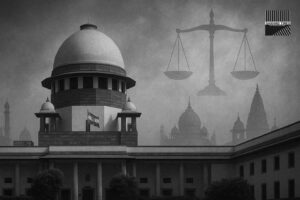


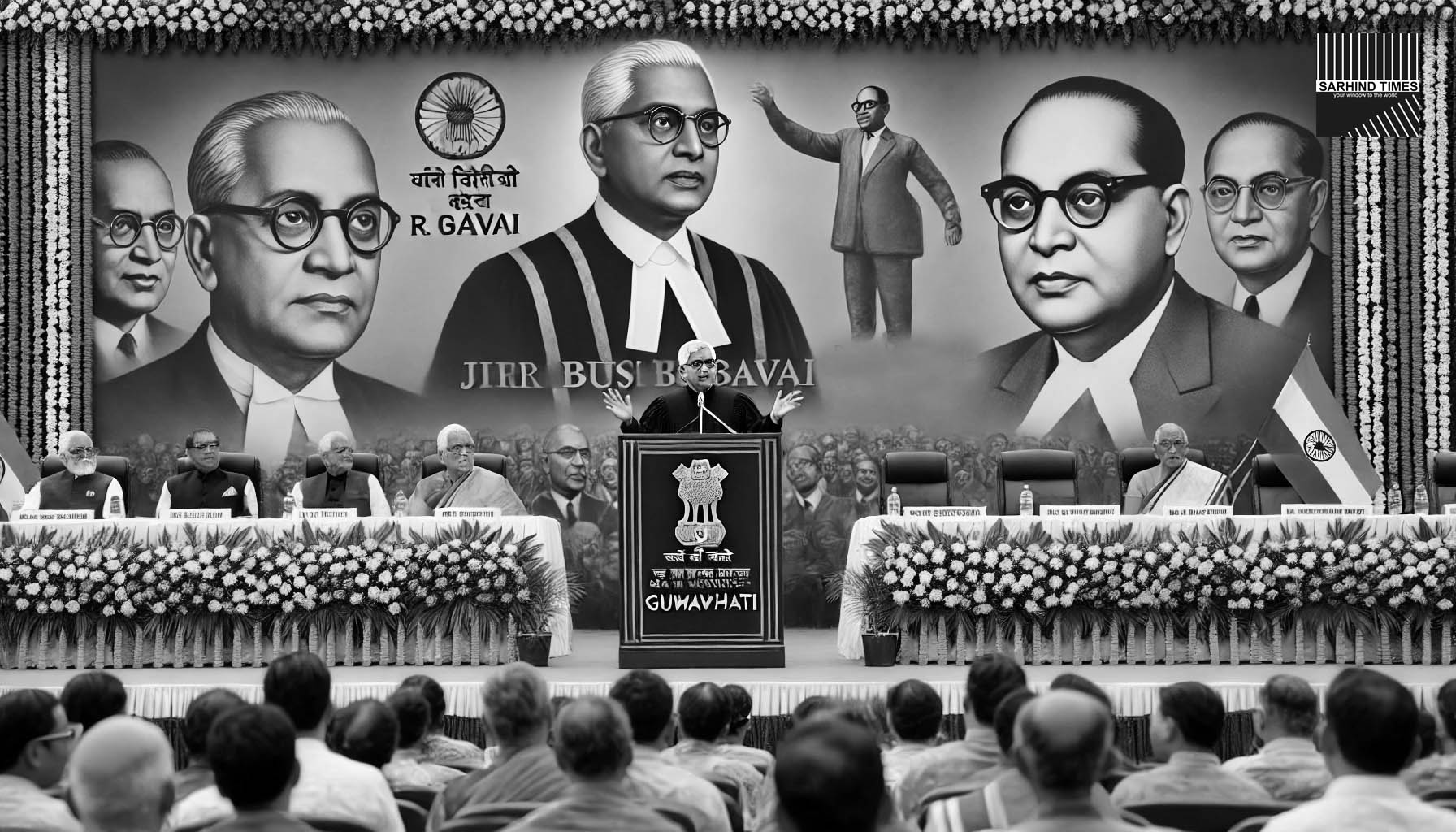





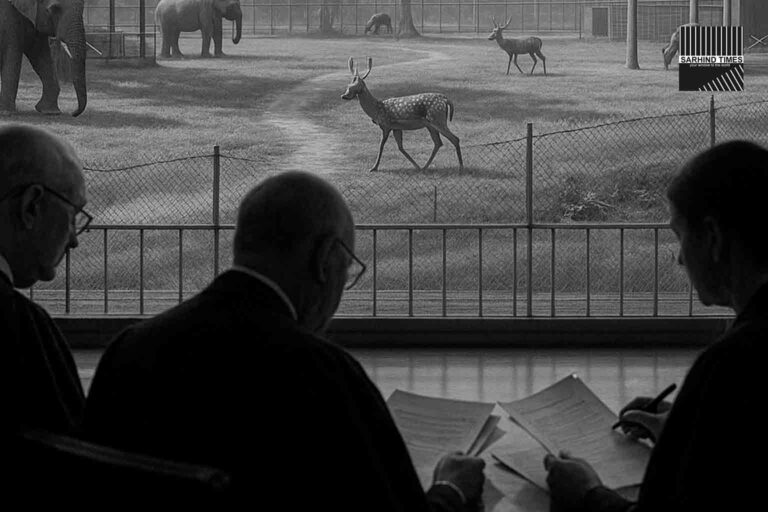

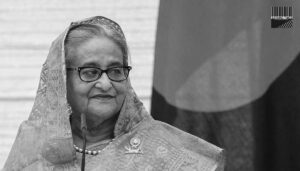

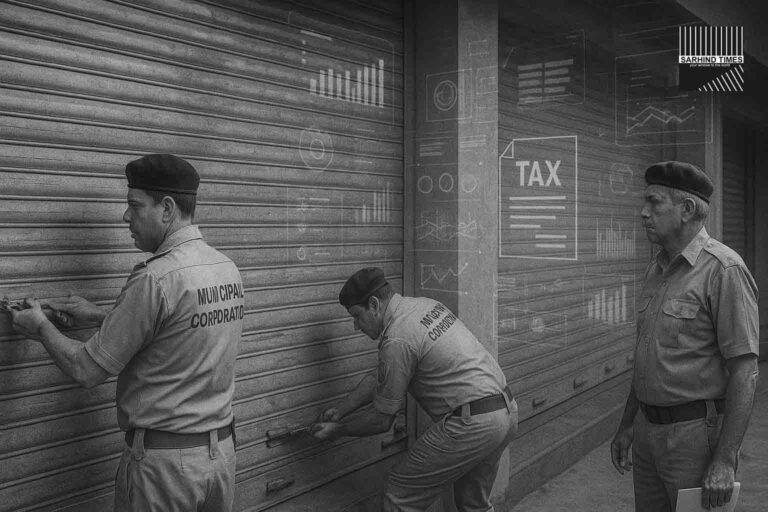
+ There are no comments
Add yours